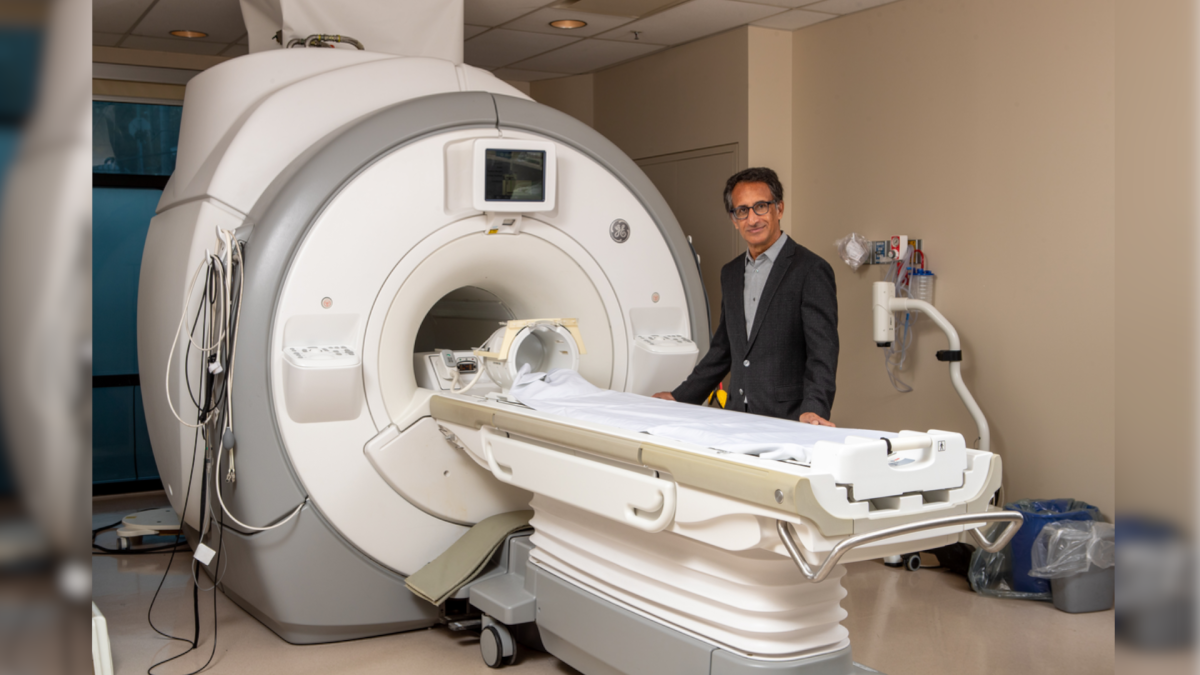A Hamilton-based researcher says new funding for a study on aging will look primarily at the “hardware” and the “software” of the brain.

Professor Parminder Raina, a scientific director at the McMaster Institute for Research on Aging, hopes a $12-million grant will help shed light on factors that influence the brain as we age.
“So this project is actually focusing on that, looking at the hardware, which is the brain and the software, which is our cognition, memory and things like that,” Raina told 900 CHML’s Good Morning Hamilton.
“What is the link between the hardware and software and how do people, as they age, compensate these two things.”
The research will be embedded into a current six-year ‘Healthy Brains, Healthy Aging’ initiative which has enlisted a cohort of 6,000 participants as part of the even bigger Canadian Longitudinal Study on Aging (CLSA) at McMaster.
The CLSA has followed more than 51,000 men and women, aged 45 to 85 at recruitment, for 20 years.

Get weekly health news
That project is looking at opportunities to extend life and understand why some age in a healthy fashion while others do not.
The new funding, from the Weston Foundation, is earmarked for a magnetic resonance imaging (MRI) probe for 2,600 candidates to monitor brain structure and function.
This will be the first national study on cognitive aging in the population using brain imaging and microbiome – genetic material of all microbes that live on and inside the human body.
“We have also overlaid the link between what happens in our gut and what happens with our brain, and how those two things communicate and impact that the successful brain aging,” Raina said.
After an initial scan, the candidates will go through a second scan three years later.
Raina says the idea is to produce results that will benefit Canadians and the world in the prevention of dementia or at least delaying it through an understanding of what happens in the brain.
Since the CLSA started pre-pandemic, and continued through it, Raina says there’s also unique data on the effects of COVID in regards to the mental health of the older segment of the population.
He said depression symptoms went up and remained high for demographics that are typically subjected to racial or ethnic prejudice, or cultural bias.
“We found that it doesn’t affect everybody equally, so people who are socially disadvantaged or people who are lonely, have a very different experience than people who have resources,” Raina said.
However, CLSA data showed many retired candidates in the program actually faired a bit better with mental health during the pandemic than those who were older and still in the workforce.
“So it also shows older people … have a lot more resiliency when dealing with challenging conditions,” said Raina.
The MRI segment of the overall study is being funded by the Weston Family Foundation (formerly The W. Garfield Weston Foundation) which is connected to the well-known family that operates the Loblaws Canadian supermarket chain.









Comments